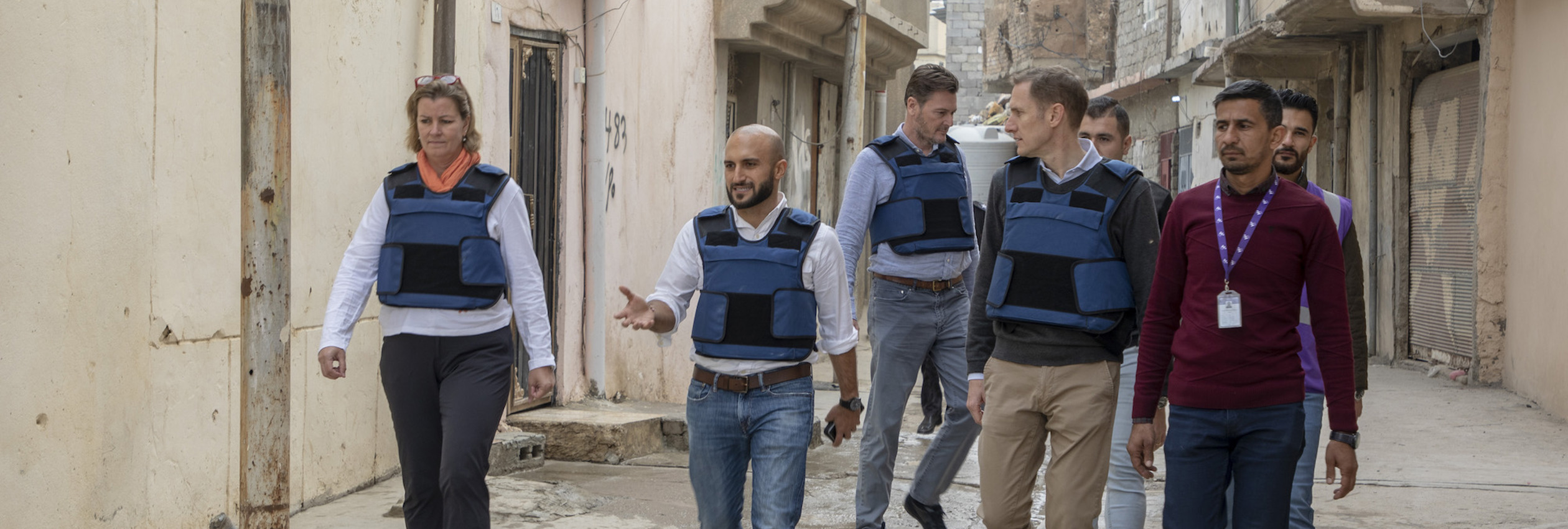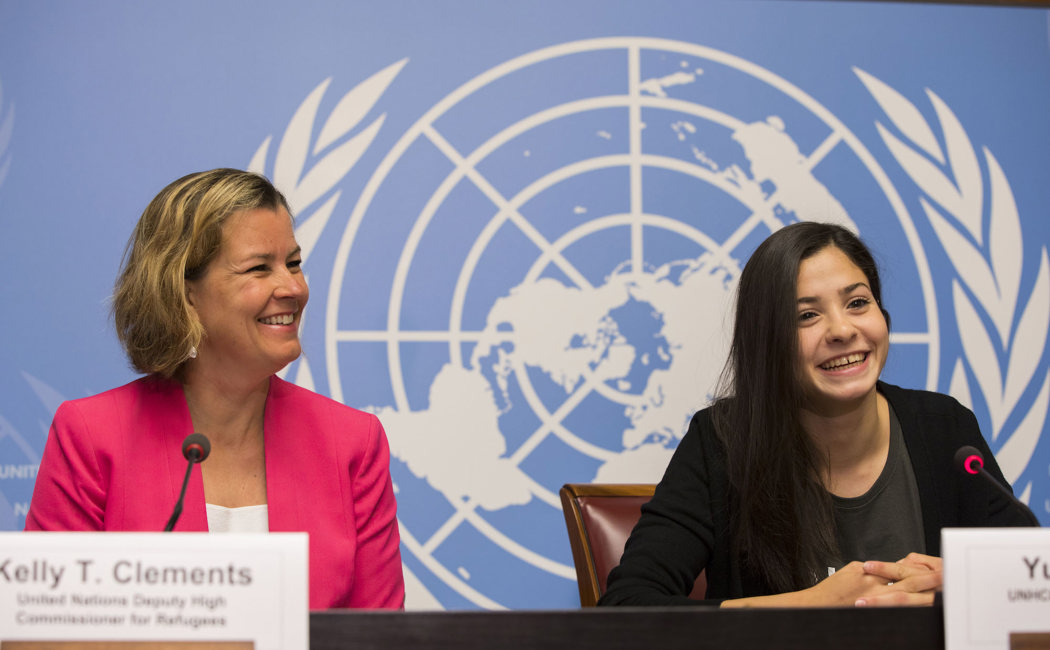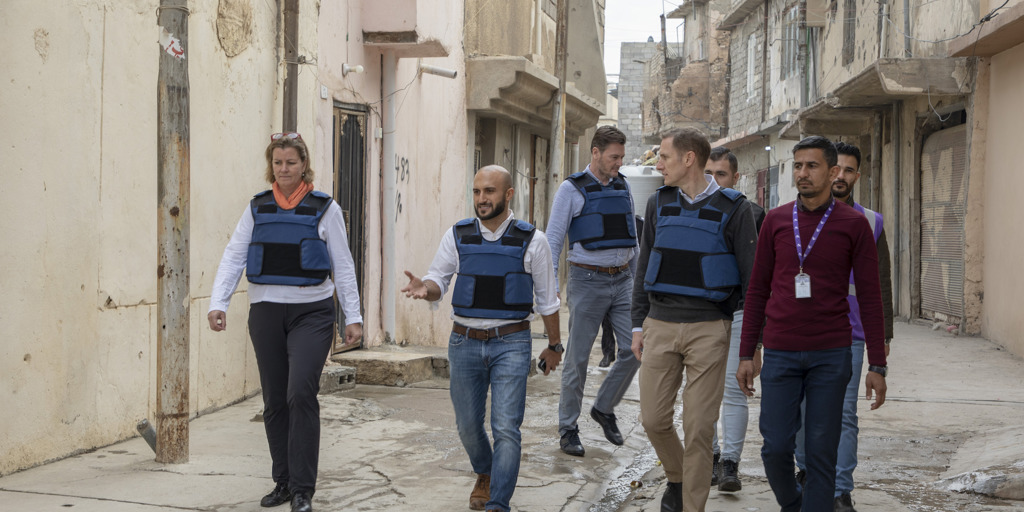Established in 1950 to protect refugees displaced by the Second World War, UNHCR – the UN Refugee Agency – now has a 17,000-strong workforce in 135 countries. “We are in places where displacement has marked a generation or more,” says the Deputy High Commissioner. There are now 79.5 million displaced people globally.
“Four out of five refugees are women and children, and the challenges are great.”
The pandemic has heightened the risks to some already vulnerable women. “We know that there is a greater risk of gender-based violence, which is exacerbated [in lockdown], and 5.6 million refugee children have stopped attending school, in addition to 2.8 million refugee children not in school. Joint research with the Malala Fund found that 50 per cent of refugee girls in secondary school may never go back.”
Yet she remains hopeful that with our support, these refugee women and their children can achieve a better future. That’s why she was so keen to talk at the Leading Women Fund event. She’s also been trialling the Connecting Worlds app, texting with a Syrian refugee and widowed mother of four, Majada.
“We share much more than our differences,” says the Deputy High Commissioner. “We have conversations about life in Syria and Jordan; we both have kids and I know how important it is to her that her four girls stay in school. She’s shared some of her personal struggles, and also what gives her hope.”
Majada receives life-changing cash assistance from UNHCR, which the Deputy High Commissioner believes is the most effective way to help refugee families find their feet – to pay school fees, the rent, to meet daily needs and to invest in the future of children.
“Empowering women, putting them in charge of decision-making, ensuring women are in leadership positions equal with men – this is what the Global Compact on Refugees asks us to do,” she says of the commitment made by UN member states in 2018. “Putting women at the centre means better decisions and more effective protection and aid, which means a lasting difference in people’s lives.”
JOIN THE LEADING WOMEN FUND TODAY

















 Switzerland
Switzerland


